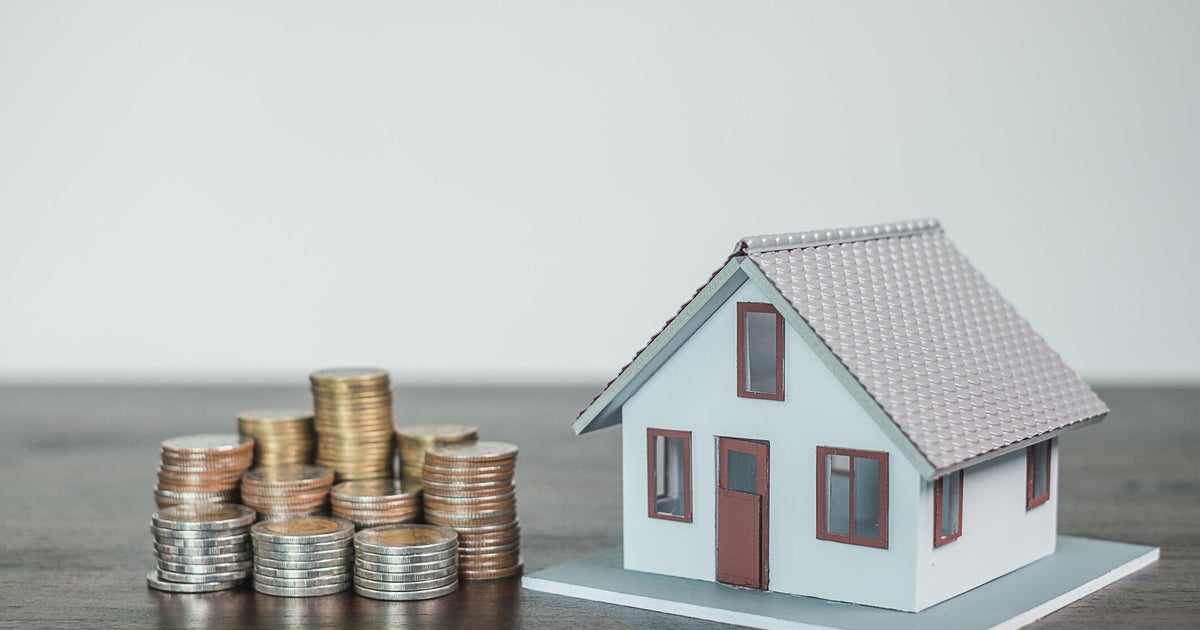Car buyers beware: Discrimination can hike your price
Discrimination in auto buying is alive and well more than 40 years after the Equal Credit Opportunity Act outlawed discrimination in lending.
The National Fair Housing Alliance said it sent eight pairs of car buyers -- one white, one not -- to shop separately at car dealerships in Virginia. Despite the fact that all the nonwhite test buyers were better qualified for loans, 62.5 percent received more costly pricing, which would have caused them to pay an average of $2,662.56 more.
Three-quarters of the time, white buyers also were given more financing options than buyers of color, according to NFHA's report, released Thursday.
"It is upsetting to find that in 2018, consumers of color are still facing discriminatory practices when making major financial purchases," said Lindsay Daniels, associate director of economic policy for UnidosUS in a prepared statement. "Being charged more for credit despite being financially qualified for better rates, especially on big-ticket items like a car, can have devastating impact on a family's monthly budget and financial stability."
The report was more a confirmation of earlier studies than a revelation about discrimination in lending. Discriminatory practices have been chronicled frequently since the 1990s, when a Yale law professor came up with the idea of sending identically situated testers of different races car dealerships to see how race factored into eligibility for loans. Since then, dozens of studies have been conducted with the same results.
However, advocates said some progress was being made, thanks to a crackdown by the Consumer Financial Protection Bureau that started in 2013. The consumer watchdog, which won settlements from both Honda and Toyota's financing arms two years ago, is now under new leadership, and pending legislation would restrict the agency's ability to penalize violators.
"This study points to the need for having a watchdog on the beat that is empowered to do their job," said Delvin Davis, senior researcher for the National Fair Housing Alliance.
With the CFPB's continued commitment to fair lending unclear, car buyers would be wise to protect themselves. Fortunately, new and improved tools put consumers in the driver's seat, providing more pricing transparency and negotiating power. What should you do if you're in the car market, regardless of your race?
Know your credit score
The best financing terms go to buyers who have high credit scores. Generally speaking, a score of 720-740 (depending on the scoring system) should win you the best rates on auto loans.
Consumers can get free credit scores in a number of ways. Many credit card companies, including Capital One (COF), Chase (JPM), Citi (C) and American Express (AXP), will provide free credit scores to their card holders. Discover (DFS) will provide a free credit score to anyone who asks. Website CreditKarma also provides free scores and advice on what might be holding your score back.
Get pre-approved
Before you walk into a dealership, check with your own bank or credit union and get pre-approved for an auto loan, suggested Jack Gilles, director of public affairs for the Consumer Federation of America and author of "The Car Book." The car dealer, which may have access to subsidized rates from the manufacturer, could still beat that rate.
However, if the dealer can't or won't give you a better deal, a pre-approval means you don't need to accept higher-cost financing.
Check prices online and negotiate via phone
Websites, including KBB.com and Edmunds.com, can give you a good read on what a car should cost loaded with all of the extras that you want. These services will also link to specific car offers, including the list prices at various dealerships.
This can be a good starting point to shop online and over the phone, calling -- or emailing -- the relevant dealerships to begin your negotiating process. Be sure to ask about the all-in price, including taxes, destination fees and any other mandatory dealer add-ons. Email multiple dealers, asking for their best price on what you want. When dealers know they're competing, you often get better prices.
Get the VIN
Particularly if you're buying a used car -- each of which is unique because of wear and tear, options and mileage -- make sure you get the VIN (vehicle ID number) for any car you've negotiated down to a price that you find appealing. This can reduce the chance that the dealer will claim your specific car "just sold," giving the dealer the ability to restart the negotiating process in person.
Consider a car-buying service
If you're a Costco (COST) member, the club offers a free car-buying service, where the prices have been pre-negotiated at a discount to manufacturer's suggested retail. For a $250 fee, CarBargains.org will also negotiate with five dealers for you.
However, you may be able to do even better by using these services and then expanding the list of dealerships that you price-check via email, using the pre-negotiated prices as your starting point and only buying when you get an even better deal.
Walk
If you have good credit, you have bargaining power. The best way to exercise it is to walk away when you feel the dealership is being dishonest or disrespectful. When finalizing your deal, be sure to read the financing documents and make sure they conform with the deal you negotiated.
There are thousands of car dealers. Take your time and find one that treats you fairly and doesn't throw in unexpected costs when you're about ready to sign on the dotted line.



